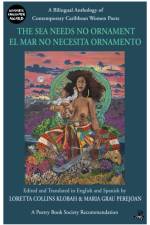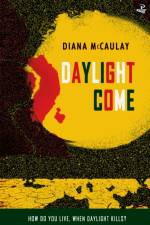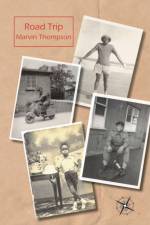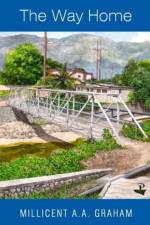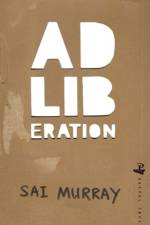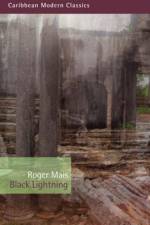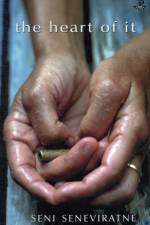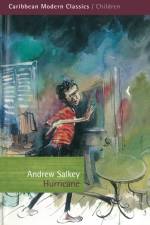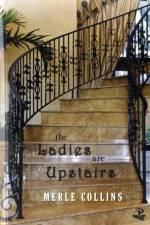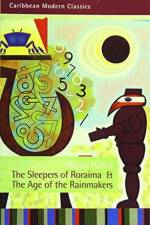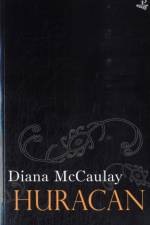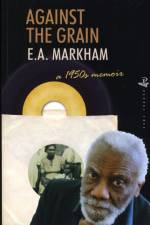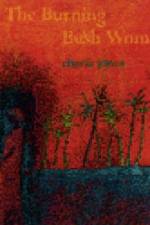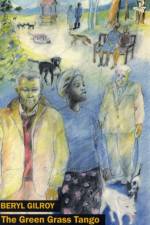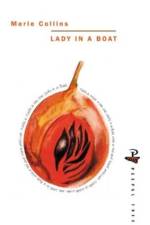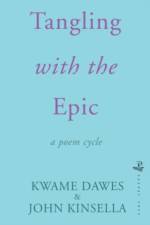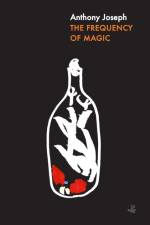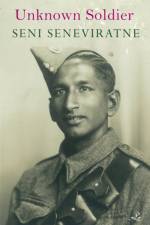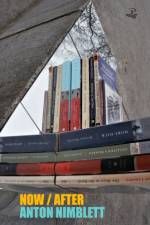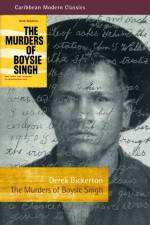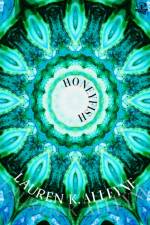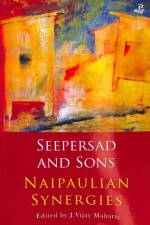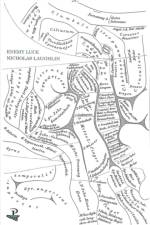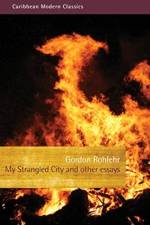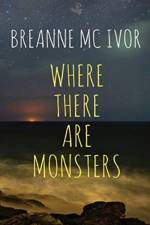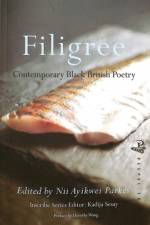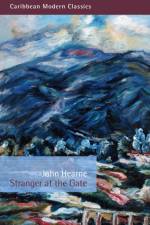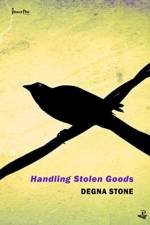av Millicent A. A. Graham
129
In this collection, Millicent Graham focuses on memory and the idea of home, while questioning the very nature of home as both a physical and emotional space. There are comforts--the landscape, the vegetation, the food, the playground, the hand of parents, the romantic escapades--and there are the disquiets--the bullying, the violence, the fearfulness, the failure of memory, the losses. In these very intimate poems, Graham marks out a distinct poetic territory for herself with an immediately recognizable voice, an assured handling of language and image, and the sensation that she is adding to the corpus of Caribbean poetry in important ways. Graham, has, in this book, made good on her indebtedness to her fascination with the elliptical and image-heavy verse of Tony McNeill, and the lyrical, lushness of story and memory in the poetry of Lorna Goodison. It is possible to see an army of poetic influences in these two Jamaican poets, and Graham carries all these influences inside of her, while sounding only like herself. Her work is guided first by her desire to write her home, both the actual and physical world of Jamaica, and her other home, her equally rich imaginative and poetic home.

